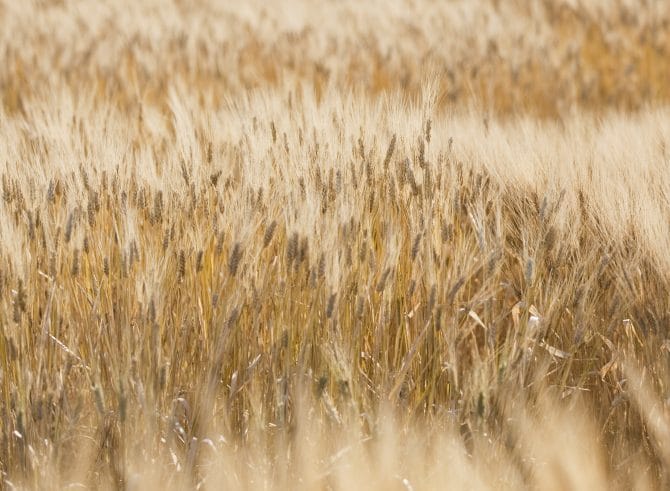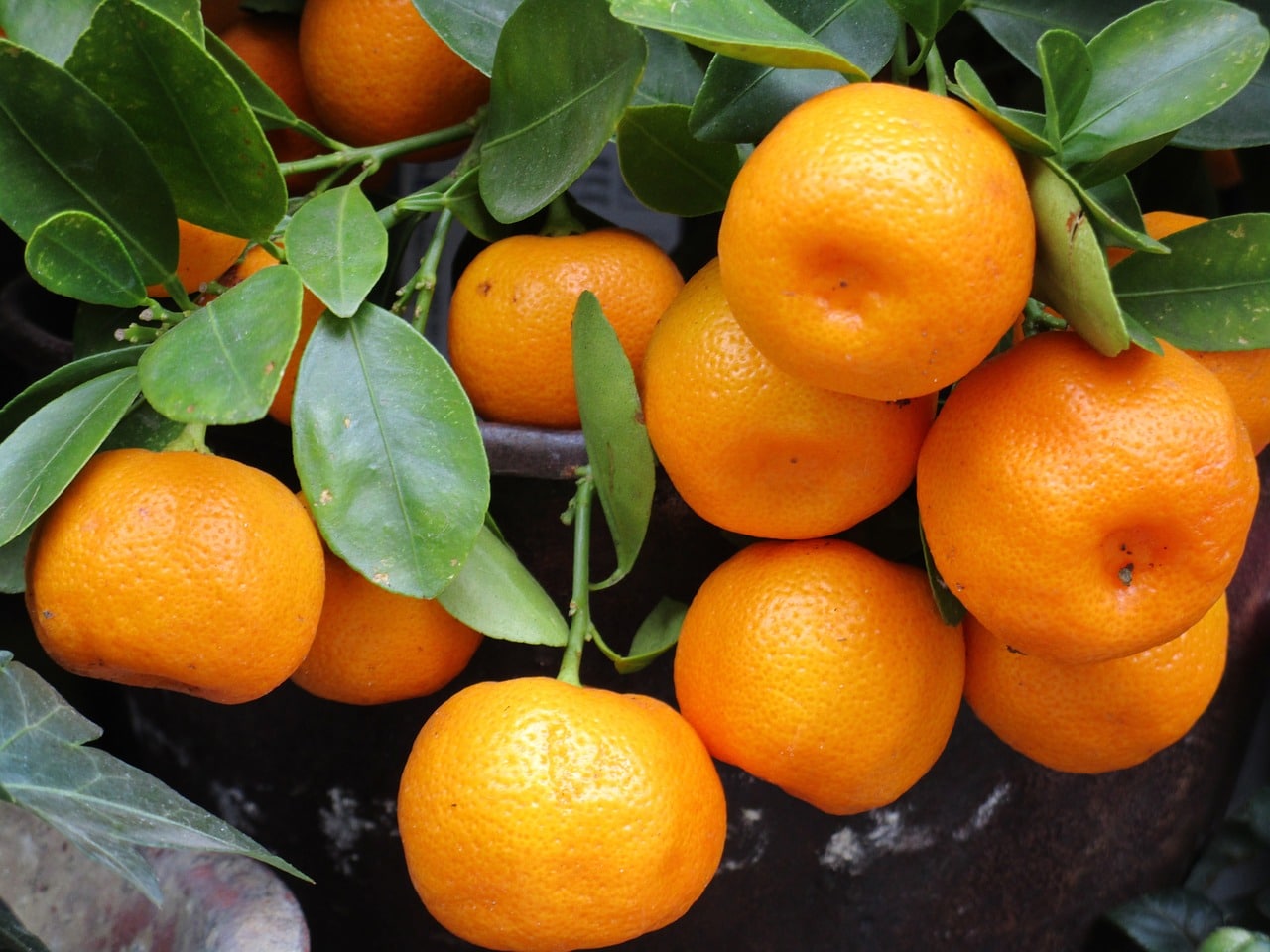SeCan and FP Genetics announced today the settlement of a joint Plant Breeders’ Rights (PBR) case between SeCan/FP Genetics and Johnston’s Grain Brokerage of Welwyn, Saskatchewan. The settlement relates to unauthorized advertisements and sales of PBR protected varieties AC Strongfield and AC Transcend durum._x000D_
_x000D_
The parties have agreed to a cash settlement as compensation for royalties, legal, investigative costs, and a declaration there will be no additional unauthorized sales. In addition, Johnston’s have committed to an ongoing awareness program for their employees._x000D_
_x000D_
“We are pleased that Johnston’s were cooperative in bringing closure to this case and we are particularly happy about their ongoing commitment to educate their staff regarding the rules of Plant Breeders’ Rights,” stated Todd Hyra SeCan Business Manager, Western Canada. “This was a complex case that involved a broker and multiple sellers. We settled with Johnston’s and hope to have the others settled in the near future,” added Hyra._x000D_
_x000D_
Johnston’s Grain owner and President Alan Johnston said, “We made a mistake and are ready to move on. We have implemented steps to ensure all staff and customers are aware of the PBR regulations. My advice to others is to familiarize yourself with Plant Breeders’ Rights and be sure that everyone in your organization is on side with the rules.”_x000D_
_x000D_
“Everyone in the value chain needs to be aware of Plant Breeders’ Rights,” stated Rod Merryweather, CEO of FP Genetics. Most new seed products carry some form of intellectual property protection, ranging from PBR to patents. Any variety that has received PBR since 2015 is protected by PBR ‘91 – this means that not only the seller needs to be aware of the rules, but the buyer as well. Most grain companies require a declaration at the elevator that the grain being delivered was grown from seed acquired legally. To be on side with this requirement is as simple as starting with Certified seed._x000D_
_x000D_
“We are often asked, what are the penalties?” says Lorne Hadley of the Canadian Plant Technology Agency. “There is no defined penalty, but most settlements have been in the range of three times the normal royalty rate that would be paid by a legitimate seller, plus compensation for legal fees and investigative costs – it does not take long to add up.”_x000D_
_x000D_
Hadley’s advice is to start with pedigreed seed of a PBR-protected variety, and if you choose to save the seed to use on your own farm, that is fine. But do not sell the farm-saved seed to others – respect the investment that breeders are willing to make in our industry and pay them fairly for their work._x000D_
_x000D_
For more information regarding Plant Breeders’ Rights visit PBRfacts.ca.












